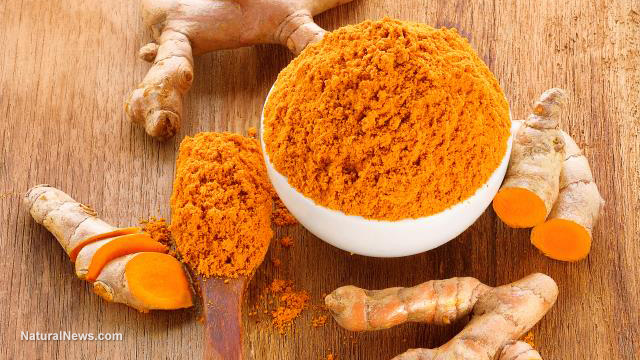
Advertisement
Most people who smoke, vape, dip or chew have no clue that long term use of nicotine impairs their body’s ability to produce dopamine properly, leaving them to rely solely on the world’s third most addictive drug to artificially stimulate that feel good hormone. Currently, there are over a billion tobacco users worldwide, and that number is creeping upward ominously, expecting to double over the next 3 decades. Then you have millions of people who use nicotine all day, every day. It gets worse.
Nicotine kills over 6 million people a year, about that same number is representative of Jews who died in the Holocaust at the hands of the Nazis. That’s also the population of the whole state of Maryland or Wisconsin. Picture that in your mind’s eye. It’s also a scientific fact that nicotine use lowers immunity, setting users up for infections from bacteria and viruses. So what’s it take to quit nicotine?
The physical addiction of nicotine only lasts 4 days, but the behavioral habits and lack of dopamine boosts are what make it so seemingly “impossible” to quit
Dependence on nicotine is actually rated higher than that for cocaine or heroin. That’s because it catapults your dopamine production, but the price you pay for the artificial crutch is very steep. Nicotine has mood-altering capabilities, for starters. This creates a hormonal imbalance, and over time, the body builds up a tolerance to nicotine, requiring higher amounts to get the same rush or high. Then come the addiction “triggers;” think stress, alcohol, fidgeting, hand-to-mouth habits and breathing rituals. So how do you quit for real?
Sure, millions of ex-smokers brag about quitting cold turkey, but how many of them really did? Maybe someone close to them died from cancer or they themselves just had a tumor removed recently. Maybe their own doctor told them if they keep smoking they’ll die soon. Whatever the motive to quit, the hardest part isn’t kicking the nicotine addiction, it’s actually the problem of what to do about your low dopamine production.
In the short run, nicotine is a stimulant, but in the long run, it’s a depressant, just like alcohol and cocaine. Nicotine screws up your normal functioning of autonomic nerves too. You simply don’t behave the same way. Little things will stress you out, make you nervous, anxious, edgy, moody and later depressed. Even things that used to excite you don’t. What’s wrong? Low dopamine levels. You think, at that point, a nicotine jolt is the only solution, but you’re wrong. There’s a natural remedy that nary a nicotine addict alive knows about. It’s called mucuna.
What if you could raise your dopamine levels safely and naturally, with no hangover or drop off later? Would you check it out? Would you? When? If you could drop the cigarettes, the vape, the dip, or the chew and instead substitute a supplement that actually has a laundry list of health benefits, would you start right away, or wait?
There’s a beautiful, exotic, potent, velvety bean that grows in tropical climates and is ground up and sold in supplements. It’s called mucuna pruriens. It’s proven by doctors and scientists in clinical studies and peer-reviewed, double-blind research to raise dopamine levels safely, effectively and naturally. Researchers at the Baylor College of Medicine in Texas worked with nicotine users and found out the main reason they relapse after they quit is low dopamine levels.
Adaptogen superfood “Mucuna” kicks nicotine cravings naturally
Do you know about superfoods like mucuna? There’s an amazing supplement beverage invention that hit the market this spring, and many nicotine users (and sugar addicts) are jumping aboard the “mucuna train” to drop the nicotine fix and help raise their immune levels, especially during this COVID crisis.
That invention is called Krave Kicker, the world’s first supplement beverage that kicks nicotine cravings naturally. Whether you’re smoking, vaping, dipping or chewing, if you need a break (like permanently), Krave Kicker is the perfect solution. Stay safe and healthy during this coronavirus pandemic. You do have a choice with natural remedies.
Sources for this article include:
Advertisement
Advertisements
















